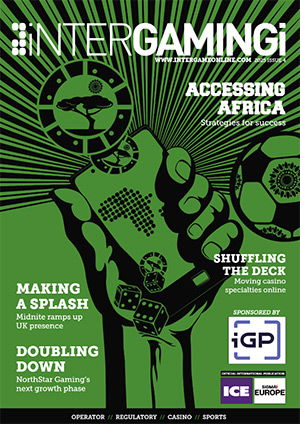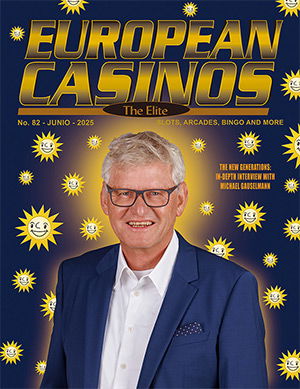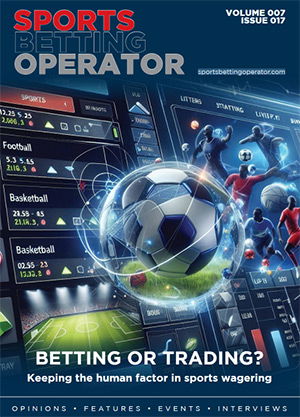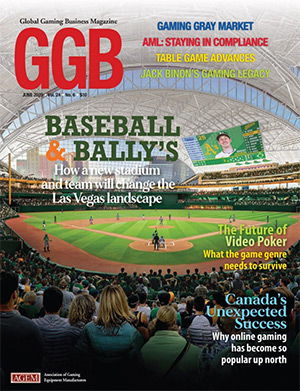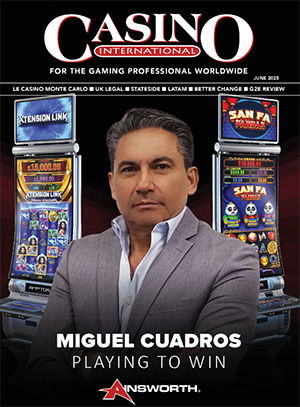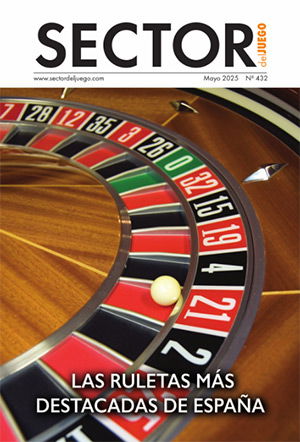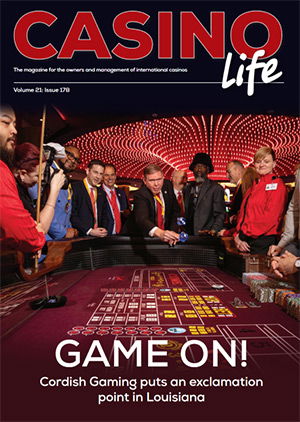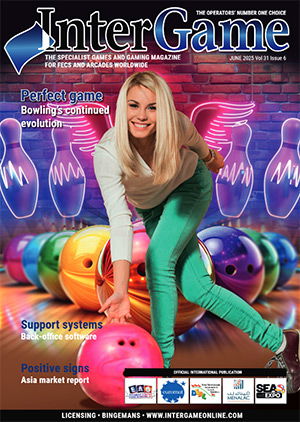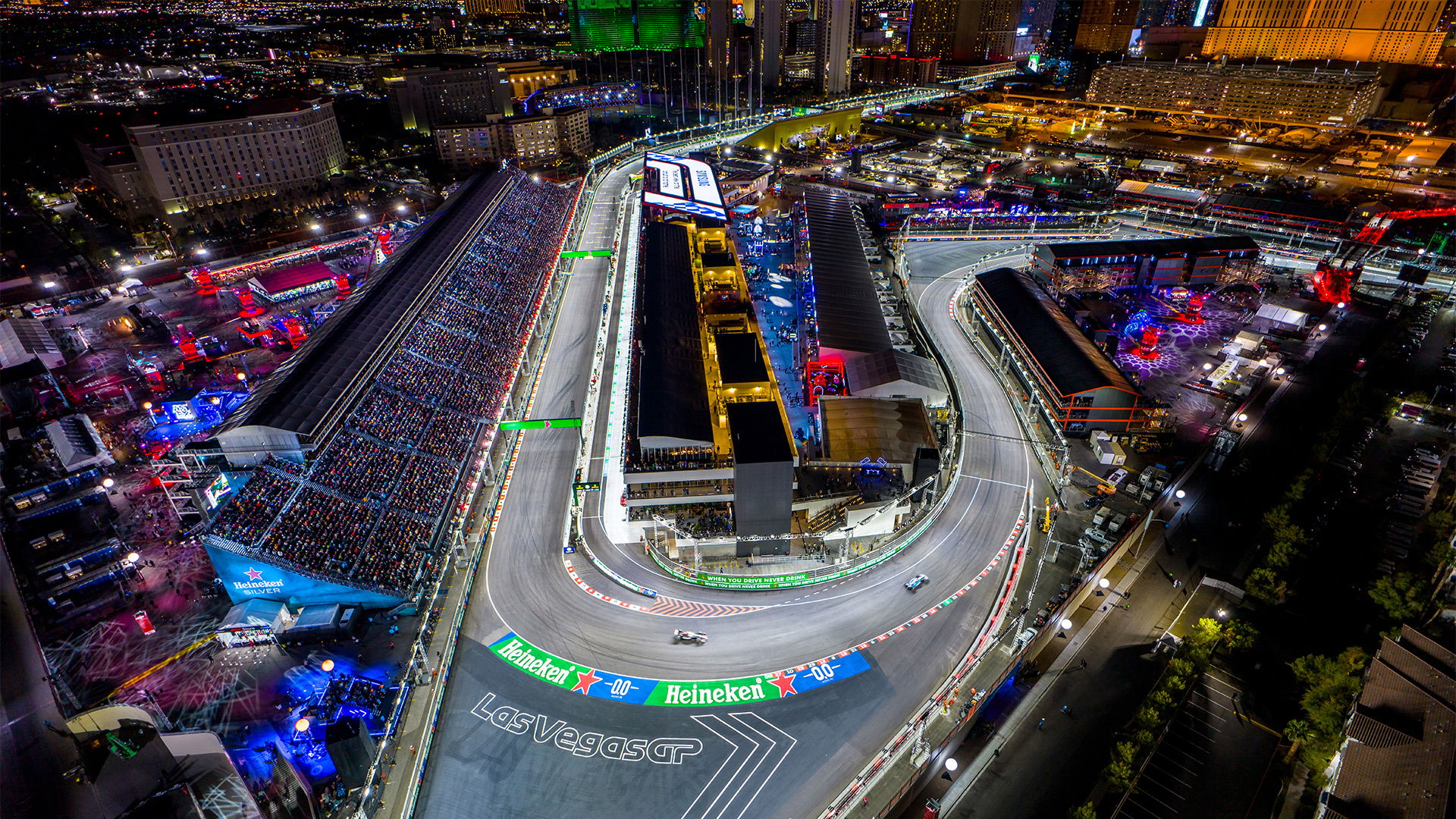Minnesota Supreme Court weighs legality of electronic gambling tables at non-tribal card club

The Minnesota Supreme Court is considering whether electronic gambling tables at a non-tribal card club violate state agreements granting Native American tribes exclusive rights to operate video games of chance.
At the center of the case is Running Aces, a horse racetrack and card club located about 40 minutes north of the Twin Cities, which uses Interblock technology to offer electronic blackjack, poker, and baccarat. The Shakopee Mdewakanton Sioux Community, which operates a casino southwest of Minneapolis, argues the games are effectively video gambling and infringe upon tribal exclusivity granted under state compacts.
“The implementation of these games in the metropolitan area takes different customers from the casinos,” said Josh Peterson, who represents the Sioux Community.
The legal dispute stems from a 2023 decision by the Minnesota Racing Commission to approve a floor plan change at Running Aces that included the addition of an electronic dealer. The tribe claims the move pushed the facility beyond the statutory 80-table limit for card clubs and that the electronic tables function as prohibited gambling devices.
Peterson described the devices as “just video games where players press buttons,” rather than traditional felt-topped card tables.
Running Aces has defended its operations, asserting that it remains compliant with state law. “The community and Running Aces are competitors on equal footing to offer card playing gambling,” attorney Evan Nelson wrote in a legal brief.
The Minnesota Court of Appeals previously upheld the Racing Commission’s approval, but did not determine whether the devices constitute video games of chance. Instead, the court said the commission did not overstep its authority.
In arguments Tuesday, Supreme Court justices pressed both sides for clarity on the definition of a “table,” since neither state statute nor the commission’s rules define how many players are allowed per table.
“It seems silly to apply a dictionary definition to a word that clearly has some specialized meaning, and yet, there’s nothing in our record that introduces a really solidified industry standard for what table for playing cards means,” said Associate Justice Sarah Hennessy.
Running Aces’ lawyer, representing the Racing Commission, said decisions on player limits have typically ranged between seven and 11 per table, and are considered case-by-case. That prompted skepticism from Associate Justice Paul Thissen, who asked, “Is it really a case-by-case basis?” after suggesting the commission could theoretically change limits without a consistent rationale.
The question of legal standing was also raised, with Running Aces initially arguing that the Sioux Community lacked standing to sue. However, the state Court of Appeals affirmed the tribe's standing, and the Supreme Court justices appeared unconvinced by Running Aces’ renewed challenge.
“The only requirement for standing they needed was a purported harm, specifically the potential for customers to be taken away from the Sioux Community,” said Peterson, the tribe's lawyer.











